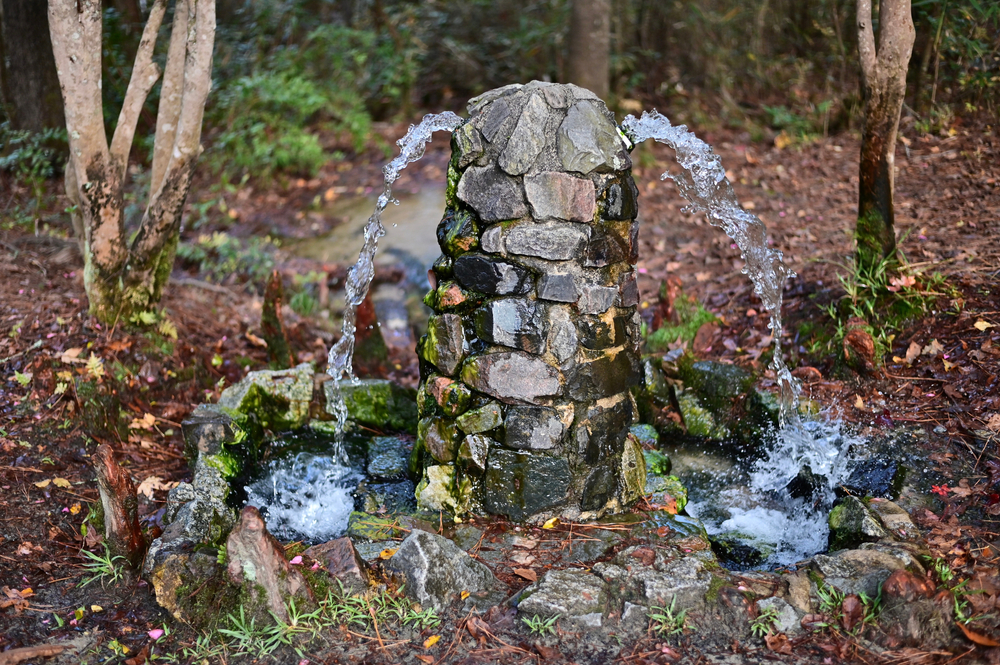



Aiken, South Carolina is a city with a rich history dating back to the early 1800s. The city was founded in 1835 and named after William Aiken, the president of the South Carolina Railroad. Aiken was originally a small farming community, but it began to grow rapidly in the late 1800s when it became a popular winter resort for wealthy people from the Northeast. The city’s mild winters and sandy soil made it ideal for equestrian activities, and it quickly became known as a national polo capital.
In addition to its popularity as a winter resort, Aiken was also known for its health benefits. The city’s dry pine-scented air and fresh water from Coker Springs were believed to be good for breathing ailments, and many people came to Aiken to seek relief from their illnesses. The city’s winter residents brought wealth and culture to Aiken, and the city soon became home to a number of fine hotels, restaurants, and shops.
Aiken’s growth continued in the early 1900s, and the city became a major center for the winter horse racing season. The city’s first racetrack, the Aiken Driving Park, was built in 1875, and it was followed by a number of other tracks, including the Aiken Jockey Club and the Palmetto Jockey Club. Aiken’s horse racing season attracted some of the biggest names in the sport, and the city became known as the “Winter Capital of the Turf.”
In addition to horse racing, Aiken was also home to a number of other sporting events, including golf, tennis, and fox hunting. The city’s first golf course, the Aiken Golf Club, was built in 1892, and it was followed by a number of other courses, including the Palmetto Golf Club and the Highland Park Golf Club. Aiken’s tennis scene was also thriving, and the city hosted a number of major tournaments, including the Aiken Tennis Championships and the Southern Tennis Championships. Aiken was also a major center for fox hunting, and the city’s fox hunting clubs were some of the most prestigious in the country.
Aiken’s sporting events attracted a large number of visitors to the city, and the city’s economy boomed. The city’s hotels, restaurants, and shops were all doing well, and the city’s population continued to grow. Aiken’s growth continued into the early 1950s, when the construction of the Savannah River Plant for the production of thermonuclear materials brought a new wave of people to the area. The Savannah River Plant was one of the largest employers in the state, and it helped to fuel Aiken’s economic growth.
The Savannah River Plant also had a significant impact on Aiken’s culture. The plant brought a large number of scientists and engineers to the area, and the city’s population became more diverse. The plant also helped to fund a number of cultural institutions in Aiken, including the Aiken County Museum and the Aiken Community Playhouse.
In the late 1900s, Aiken’s economy began to shift away from its reliance on tourism and agriculture. The city’s population continued to grow, but the growth was slower than it had been in the past. Aiken’s economy began to diversify, and the city became home to a number of new businesses and industries.
Today, Aiken is a thriving city with a population of over 30,000 people. The city is still known for its equestrian activities, and it is home to a number of horse farms and training facilities. Aiken is also home to a number of other businesses and industries, including manufacturing, healthcare, and education. The city is also home to the University of South Carolina Aiken, a public university with a population of over 3,000 students.
Aiken is a city with a rich history and a bright future. The city has overcome a number of challenges in its past, and it has emerged as a strong and vibrant community. Aiken is a city that is proud of its past, and it is a city that is looking forward to the future.
